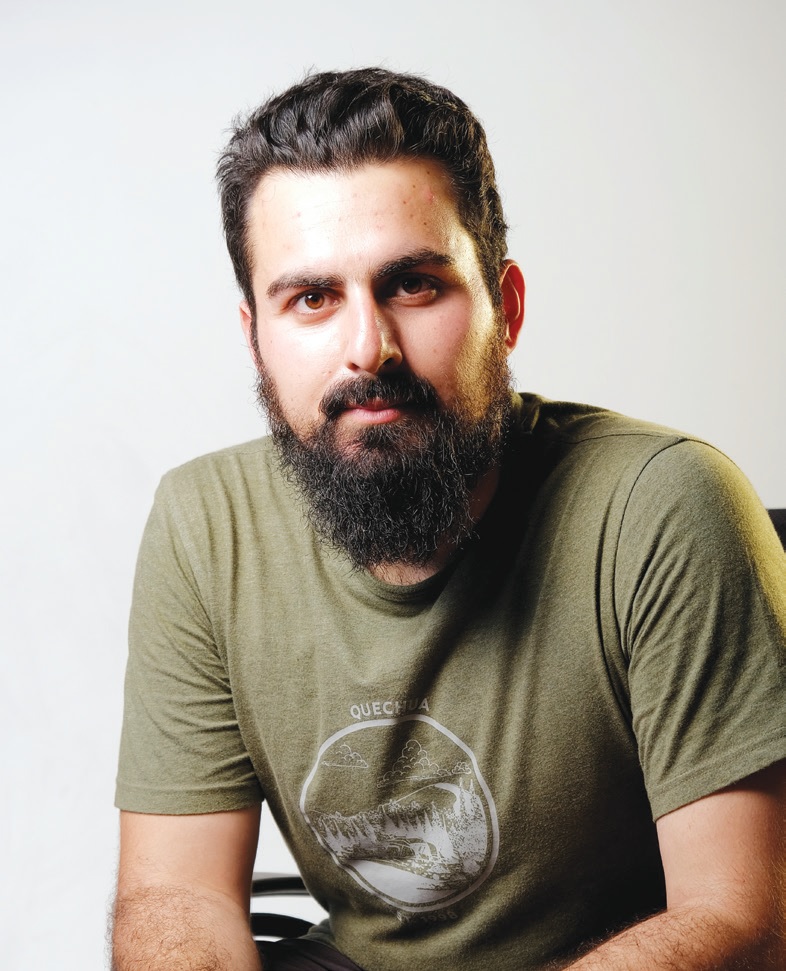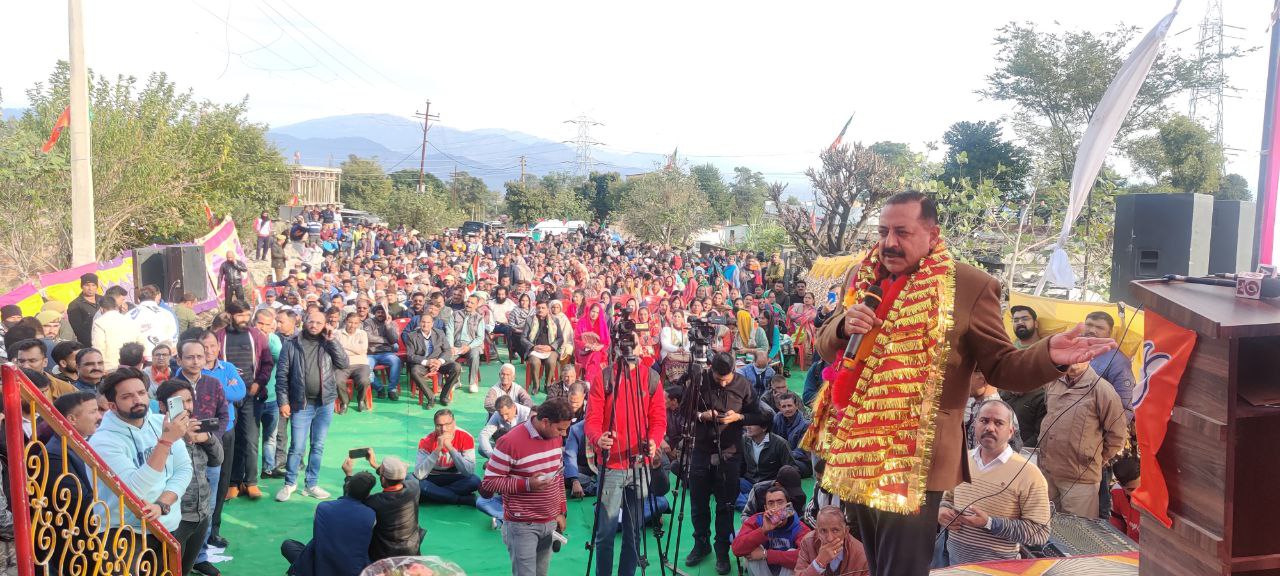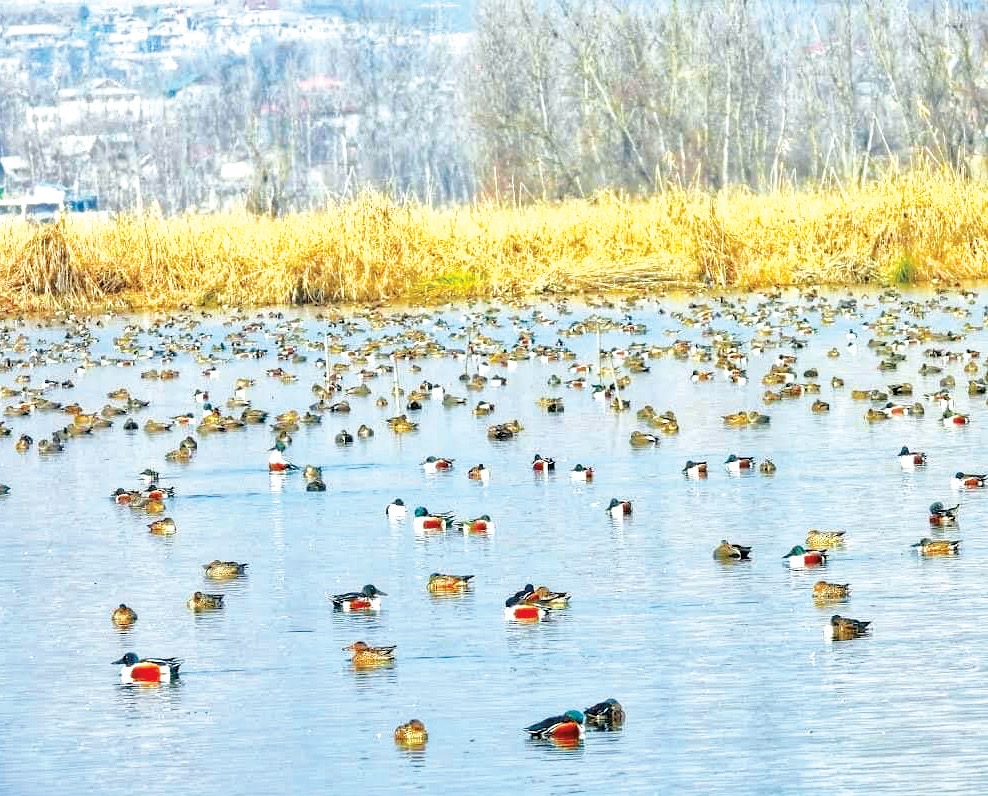To elevate the conditions of artisans in Kashmir and to give a contemporary look to the fading craft of willow weaving (kaeni keam), a contemporary creative craft studio named Kilab (Kashmir Innovative Lab) was set up by few members of the local creative community.
During 2017 and up until the abrogation of article 370 in Kashmir a group of multi-talented people found a safe and creative space at Kani Home, a creative residency at Zakura in Srinagar. The members regrouped once again at Kani Home during the summer of 2022 and the pent-up creative energies reenergized community activities and Studio Kilab finds itself organizing the cottage industry-based craft ecosystems.
After graduating from one of the reputed design institutes of IndiaNational Institute of Ahmedabad, Burhan ud din Khateeb utilized his skills in developing the craft.He applied his learnings and experience to make the traditional crafts more functional and aesthetically pleasing and trendy where required. It was during this time he met Ishfaq Mir, a social entrepreneur with a multi sectorial experience and belonging to a 4th generation craftpreneur family.
Ishfaq was driven to carry forward the family legacy. He had witnessed the rise and fall of the craft sector in Kashmir. The two teamed up to use local material and crafts to do up a creative residency. It was during this time the two reached out to creative individuals to partake in the mission and slowly a creative community was formed.
Salim, a permaculture expert, joined and brought with him the concept of natural systems. Imtiaz Shah, a graduate from the Craft development institute, was engaged to document the craft transition, which became his final year project. Mamoon, a contemporary artist, was drawn to the natural systems and pushed the cause of permaculture with Salim. Mujtaba Rizvi, the founder of Kashmir Art quest engaged the art community locally. Nahda Parveen, a craft designer from Ghaziabad took a sectoral approach and consulted national and international development agencies to organize craft clusters and also worked on community building for the creative individuals. Yousuf Shakeel, a doctor who transited to become a social entrepreneur in China returned full time to work on the development of creative communities, has also assumed a full-time role at Studio Kilab.
Giving a contemporary touch to the age-old tradition of keeping chicken coops, Kilab has incorporated some intricate yet productive coop designs. Taking us through this idea, Burhan elaborated, “We design and make modern houses for chickens. Kashmir always had a tradition of rearing chicken and some people still do it. This chicken coop is for the urban market. It moves on wheels and offers more hygiene space for chicken.”
Burhan believes that the craft should not only serve the decorative purpose but also be usable in daily life. “We can push materials to utilize them in a number of ways every day. We come from a place where most of the practices still fall in sustainable living. In rural areas, there is a low carbon footprint because things are made and consumed locally. Here, every house has a kitchen garden which is also a sustainable concept,” he said.
He further said that the lab has a holistic approach because their work is about sustainability while getting the new designs in the craft. “Craft has a low carbon footprint so when you work with ancient crafts you are naturally kept in check,” he said.
Initially the studio was all about exploring the various crafts for a year and a half to revive them with sustainable approaches.
Currently the team is working with wicker and papier-mâchéand is trying to get more craft into their design platform. “We are also working with the institutions to get the new materials like plant-based and environment friendly materials. We are looking for design interventions not only from the motifs point of view but also from the material itself,” added Ishfaq.
Ishfaq believes that the opportunities in the market are immense. Talking about the bygone years he said that the political situations gave a blow to the crafts. “Before re-insurgence, our craft had global design intervention. Designers would come from all over the world to Kashmir and create products in their designs and themes. The craftsmen were Kashmiri and the international markets were established back then,” he said.
When the political turmoil hit the valley, the designers couldn’t travel here which caused a delay in their orders and also international markets were closed for the Kashmiri products. These factors led to the gap in the design intervention, worsening condition of the artisan community and Kashmir’s ancient cultural crafts have been dying a slow death.
It is believed that craftsmen play an important role in building up the community while they should equally get the chance to evolve. “Craftsmen and artisans never got a chance to evolve. We have been repeating the same things without making any innovations which didn’t allow us to be in line with others in the industry,” the founder said.
Ishfaq explained that the biggest challenge was to create their own market and needless to mention enhance their market presence.
“Newer design is not the challenge. How you get them executed in a very fragmented community like ours is the challenge. Our community is not shifting with time. We might be using digital tools but somewhere we are still in the analog age,” he added.
As a lab, the team is trying to focus on rebuilding the system so that design interventions can happen and the artisan community could be empowered.
Burhan has worked on several projects with a number of organizations and observed that they have very little impact due to the poor execution. Taking it further he said, “Such projects were not for long terms and had a minimal impact on the society. We have to look to build newer engines for working.”
Explaining to us the importance of taking up the opportunities, Ishfaq Mir said that the team was exploring more opportunities. “There are a lot of investments happening in technology like blockchain space and Metaverse space. These huge giants and corporations are investing a lot of money in those spaces. That space is evolving and we are trying to capture that opportunity for youth. For craft, we are also looking to upgrade the tools which are used in the craft.”
Kilab’s focus is not only the revival and honing of the craft but also to provide proper training to craftsmen, which include training courses in near future. The founders’ emphasis is to make the right team and networks.
A contemporary touch to Kashmir’s fading craft

Leave a Comment
Leave a Comment







